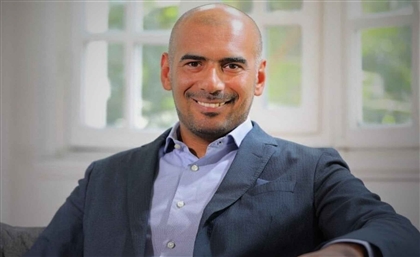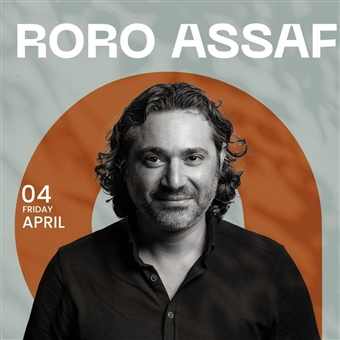European Union Signs EUR 1 Billion in Financial Assistance to Egypt
The MoU was signed at the EU-Egypt Investment Conference with the hopes of mobilising Egypt’s private sector.

At the EU-Egypt Investment Conference, co-organized by the EU and the Government of Egypt from June 29th to the 30th, the two participating parties signed a Memorandum of Understanding (MoU) for up to EUR 1 billion in Macro-Financial Assistance (MFA) to Egypt. This event marked the first tangible outcomes of the Strategic and Comprehensive Partnership established between the EU and Egypt in March 2024, recognizing Egypt's geostrategic role in regional stability.
The conference served as a vital platform to discuss Egypt's economic reforms aimed at enhancing the business environment to attract further EU investments in crucial sectors. These investments are targeted at driving the energy transition, including renewable hydrogen production, promoting the circular economy, and advancing the pharmaceutical, medical, and automotive industries. Additionally, investments will focus on sustainable agriculture, water security, innovation, and digitalization.
Significant private investment agreements, worth EUR 40 billion, are expected to be signed during the conference, particularly in renewable energy and hydrogen sectors. Furthermore, the EU and Egypt are signing the Green Sustainable Industry programme, supported by a EUR 30 million EU grant that unlocks a EUR 271 million loan from the European Investment Bank and partner banks. This program will help Egyptian industries invest in pollution abatement, decarbonization, and energy and resource efficiency.
To enhance youth employability, address child protection system gaps, and improve manufacturing capacities for vaccines and medicines, the EU and Egypt are signing three Financing Agreements worth EUR 36 million. A EUR 60 million EU support package to improve grain storage in Egypt is also being signed. Additionally, the EU and Egypt are entering into the Financing Agreement for the Interreg cooperation programme NEXT MED, aiming to promote sustainable development across the Mediterranean Sea Basin with an EU contribution of EUR 263 million.
Trending This Week
-
Mar 29, 2025































